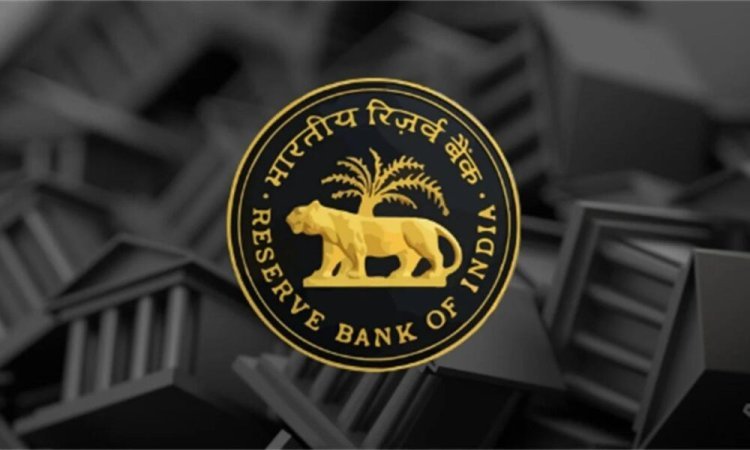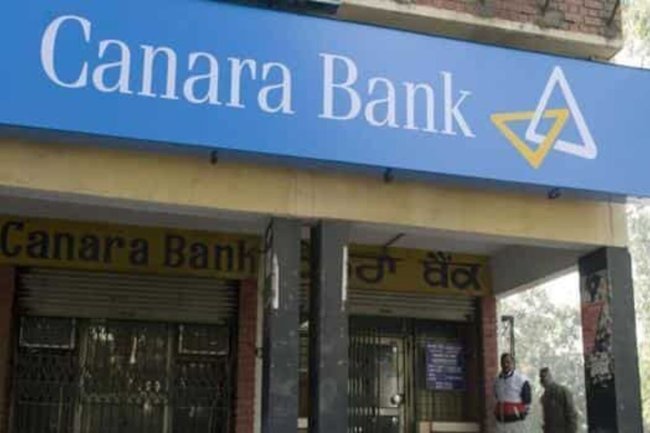Banks Seek Real-Time Access to RBI’s Centralised Data Platform to Track Liberal Remittance Scheme Usage
Banks in India are working with the RBI to integrate real-time tracking of Liberal Remittance Scheme transactions, aiming to streamline compliance for international credit card spending under updated foreign exchange regulations.

Banks Seek Real-Time Access to RBI’s Centralised Data Platform to Track Liberal Remittance Scheme Usage
Banks are actively pursuing integration with the Reserve Bank of India’s (RBI) Centralised Information Management System (CIMS) for real-time tracking and verification of transactions under the Liberal Remittance Scheme (LRS). Sources familiar with the development indicate that banks hope this integration will streamline compliance by enabling quick verification of transaction limits, especially for international credit card expenditures, which are set to fall under LRS regulations.
This collaboration was reportedly discussed in an internal meeting last month, following which banks formally requested the RBI to enable integration with CIMS. “For smooth implementation, a request has been made to the RBI for integration of systems with CIMS,” said a senior bank executive who requested anonymity. The executive noted that banks are prepared to work closely with the RBI to ensure efficient technical integration. Launched last year, the RBI’s CIMS serves as a central data warehouse where banks submit various regulatory data and statutory returns.
Compliance Streamlined Through Real-Time Tracking
Once operational, the integration would allow banks to monitor transactions in real-time, immediately flagging any cases where an individual exceeds the LRS limits. Additionally, this integration would facilitate the remittance of tax collected at source (TCS) as part of the LRS compliance. Earlier this year, the government eliminated the differential treatment for credit cards regarding foreign exchange drawals under LRS through a May gazette notification. However, its full implementation is ongoing as banks finalize IT infrastructure to ensure efficient tracking and reporting.
In preparation for the regulatory changes, the RBI advised banks to report LRS transactions and initiate TCS on international credit card transactions. It followed up in August to address ongoing challenges banks faced in implementing these changes. Initially, banks requested an extension from the RBI to calibrate their systems effectively, which led to the Indian Banks’ Association (IBA) releasing a standard operating procedure (SOP) in September to streamline reporting, levying, collection, and remittance of TCS on LRS transactions made through international credit cards.
Policy Updates and Tax Exemptions Under LRS
The government initially postponed implementing its May notification, granting banks and card networks additional time to establish required IT solutions. In a statement, the government clarified that until these changes are fully implemented, overseas international credit card transactions would not be classified under LRS and, therefore, would not be subject to TCS.
Following consultations with stakeholders, the government introduced amendments to its policy in June, restoring a TCS exemption for remittances up to ₹7 lakh per individual per financial year across all LRS categories, regardless of payment purpose. This exemption applies uniformly to all payment modes under the Foreign Exchange Management (Current Account Transactions) (Amendment) Rules, 2023.
With these regulatory adjustments in place, banks and the RBI are progressing toward a digital integration with CIMS, a move anticipated to strengthen compliance and streamline international transaction oversight.
Click Here to Visit
What's Your Reaction?
















